17 Oct Essential Hygiene Practices for Makeup Artists
In the world of makeup artistry, skill and creativity are undoubtedly important. However, one factor that can never be overlooked is hygiene. Maintaining high hygiene standards is not just about keeping your tools and products clean—it’s about protecting your clients and your reputation as a professional. Poor hygiene can lead to infections, skin irritation, and even the loss of clientele. At Makeup Studio Training Centre (MSTC), we emphasize the importance of hygiene as a foundation for any successful makeup artist.
In this blog, we’ll go over the essential hygiene practices that should be a part of every makeup artist training to ensure safety and maintain professionalism.
-
Hand Hygiene: Clean Hands, Clean Canvas
Your hands are your most important tools as a makeup artist. Whether you’re applying foundation, blending eyeshadow, or perfecting a lip line, your hands are in constant contact with your client’s skin. That’s why keeping your hands clean is the first step toward maintaining hygiene.
– Wash Your Hands: Always wash your hands thoroughly with soap and water before and after each client. This will help prevent the transfer of bacteria and other germs.
– Use Hand Sanitizer: In situations where washing isn’t possible, use an alcohol-based hand sanitizer with at least 60% alcohol content. Keep a small bottle in your kit and use it regularly between steps during your makeup application process.
-
Sanitizing Tools and Brushes: Keep Your Kit Clean
Your makeup brushes, sponges, and other tools are used on clients’ skin, which means they can easily harbor bacteria if not cleaned properly. Regular cleaning and sanitizing of your tools are crucial to ensure that germs, oils, and makeup residue don’t accumulate.
– Brush Cleaning Routine: After every use, clean your brushes with a brush cleaner or a gentle soap. Make sure to rinse them thoroughly and allow them to air dry completely before using them again.
– Deep Cleaning: Give your brushes and tools a deep clean at least once a week, especially if you’re working with multiple clients. Use warm water and a brush cleaning solution to remove all makeup, oils, and bacteria.
– Disposables Are Your Friend: For some tools like mascara wands, lip brushes, or sponges, it’s best to use disposable versions. This way, you avoid any cross-contamination between clients.
-
Product Hygiene: Keeping Makeup Clean and Fresh
Your makeup products, from powders to creams to liquids, can also be breeding grounds for bacteria if not used carefully. Following proper product hygiene practices will not only keep your makeup clean but also extend the life of your products.
– Avoid Double-Dipping: Never apply makeup directly from the product container onto a client’s skin. Instead, use a clean spatula to scoop out the product onto a sanitized palette. This prevents contamination in the original container.
– Sanitize Products Regularly: For products like powder compacts, lipsticks, and eyeshadow palettes, sanitize them by gently spraying them with a makeup sanitizing spray. This will kill any surface bacteria without damaging the product.
– Don’t Blow on Brushes or Products: It may seem like a small thing, but blowing on your brushes or makeup products to remove excess can spread bacteria and germs. Instead, tap the brush gently or wipe off excess on a clean tissue.
– Check Expiry Dates: Makeup products, especially those with a cream or liquid consistency, have expiration dates. Using expired products can lead to irritation, infection, and poor performance. Regularly check your products and replace them when necessary.
-
Client Interaction: Hygiene During the Application Process
Maintaining good hygiene doesn’t just involve your products and tools—it also involves how you interact with your clients. Ensuring that your workspace and your application process are hygienic will help build trust with your clients.
– Use Clean Towels or Capes: Always provide your clients with a clean towel or cape to protect their clothing and maintain a hygienic workspace. Wash these after every use.
– Disinfect Your Work Area: Before and after each client, wipe down your workspace, including chairs, tables, and mirrors, with disinfecting wipes or spray.
– Avoid Touching Your Face: While working on a client, make a conscious effort not to touch your own face, hair, or any other non-sanitized surface. This can lead to the transfer of oils and bacteria from your hands to your client’s face.
– Wear a Face Mask (When Needed): If you’re feeling slightly under the weather or working in close quarters, wearing a face mask can protect both you and your client from the spread of illness.
-
Managing Skin Sensitivities: Keeping Clients Safe
It’s important to understand that not all clients have the same skin type or sensitivities. Some clients may be allergic to certain ingredients, so it’s essential to ask about any skin sensitivities or allergies during your initial consultation.
– Patch Testing: For new clients or when using new products, perform a patch test before full application. Apply a small amount of product to the inside of the client’s wrist or elbow and wait for 15–20 minutes to see if any irritation occurs.
– Use Hypoallergenic and Fragrance-Free Products: To minimize the risk of allergic reactions, opt for hypoallergenic, fragrance-free products whenever possible, especially for clients with sensitive skin.
-
Personal Hygiene: Presenting Yourself Professionally
As a makeup artist, you are the face of your business. Maintaining good personal hygiene is key to making a great impression on your clients and ensuring a pleasant experience.
– Grooming Matters: Ensure that your hair is neatly styled or tied back, and your clothing is clean and appropriate for a professional setting. Avoid wearing overly strong perfumes or scented products that may irritate sensitive clients.
– Oral Hygiene: You work in close proximity to your clients, so maintaining good oral hygiene is essential. Brush your teeth before appointments, and consider keeping breath mints or gum handy for fresh breath.
-
Dealing with Infections or Skin Conditions: Knowing When to Say No
As a makeup artist, it’s important to recognize when it’s not safe to apply makeup. If a client has a contagious infection like conjunctivitis (pink eye) or cold sores, it’s best to reschedule the appointment. Applying makeup over these conditions can not only worsen the infection but also spread it to your tools and other clients.
– Be Honest and Professional: If you notice a client has an infection or skin condition that could be problematic, address it professionally and suggest rescheduling. Your clients will appreciate your honesty and concern for their health.
Why Hygiene Matters at MSTC
At Makeup Studio Training Centre (MSTC), we believe that hygiene is an integral part of a successful makeup career. Our training not only focuses on professional makeup artistry but also emphasizes the importance of maintaining a hygienic and professional environment. By incorporating these essential hygiene practices into your routine, you will protect your clients, enhance your reputation, and ensure long-term success in the beauty industry.
Ready to take your makeup skills to the next level while learning the highest standards of hygiene? Enroll in our makeup artist classes at MSTC today! With branches in Delhi and Kolkata, we’re here to help you achieve your dreams in makeup artistry.


Sorry, the comment form is closed at this time.